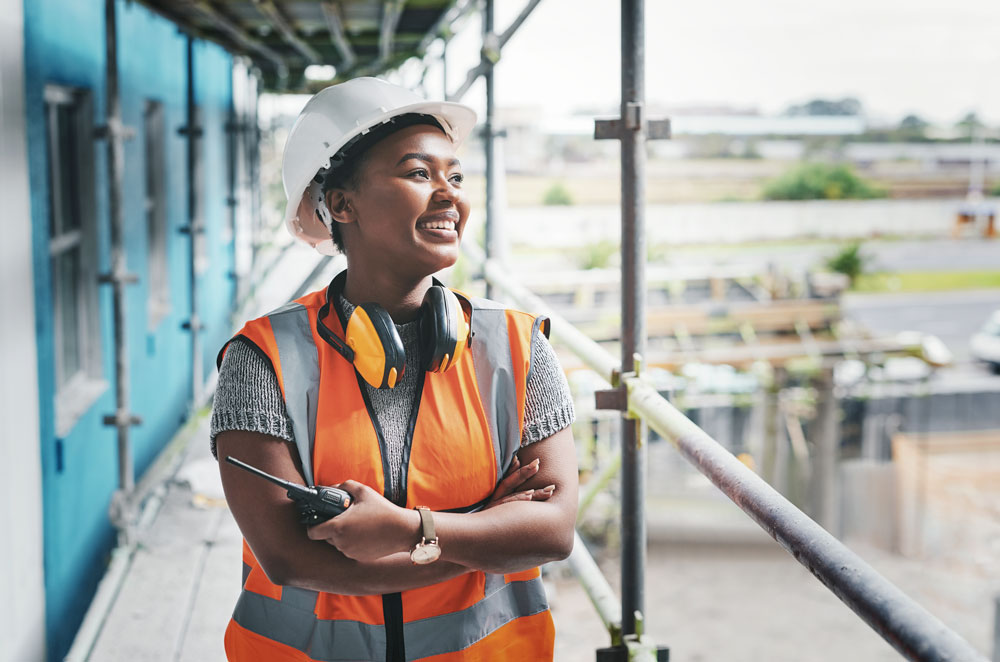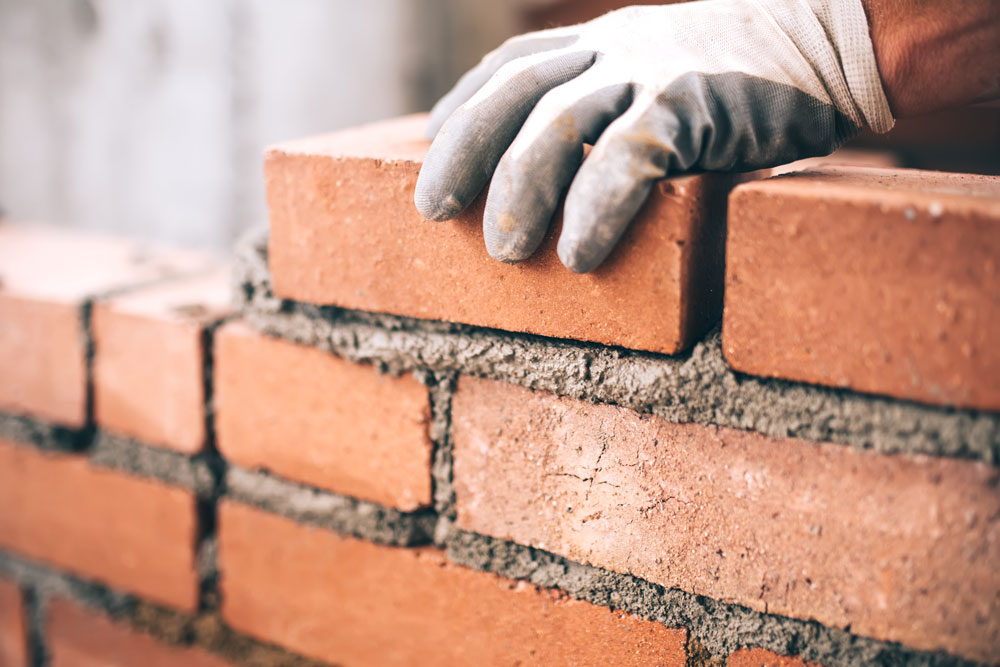This article was also published to ImpactAlpha.
The most disruptive pandemic in more than a century is entering a new phase, with economies in the West slowly re-opening while COVID-19’s epicenter is shifting to South America and cases are spreading in Africa.
But while governments in the developed world are proposing trillions of dollars in additional stimulus to prop up businesses and households whose livelihoods have been threatened, the situation is much different in the developing world—requiring private investors to step up.
Decisive actions by many governments in Africa proved to be an effective first step and demonstrated a well-managed effort in preparedness to the virus’ spread. However, these efforts consumed major parts of available budgets and resources. And mobility restrictions imposed to slow the spread of the pandemic have only added to the economic headwinds—including the global slowdown, supply chain disruptions, and the sharp decline in commodity prices—acting against the African economy, where 80% of trade is to international markets.
Here, the immediate threat—beyond the healthcare crisis—is finding a way to help essential service providers get through the pandemic so they can continue to do their good work. Here, COVID-19 is challenging the private sector to do its part.
In the first real global crisis in the era of impact investing, it would be a mistake for private investors to remain on the sidelines and let governments and multilateral institutions around the world carry the burden all alone. Indeed, the question impact investors will ask one another in the years to come is: “What did you do when COVID-19 pandemic erupted?”
For years, impact investors have been vocal and persistent advocates of the power of private capital to bring about positive social, economic, and environmental change. In the developing world, impact investing is often about something much more elemental: helping deliver critical services such as clean water, food, affordable housing, and healthcare to communities that local governments simply cannot or do not serve.
In the developed world, the big economic worry right now is helping businesses and consumers get back on their feet as stay-at-home orders are lifted. In Africa and the developing world, the more pressing concern is whether companies that serve as safety nets for low- and middle-income households in need can continue to provide critical services during—and after—the coronavirus pandemic. With predictions of 20 million people potentially losing their jobs and as much as a third of the workforce being affected in Africa, there is a real concern that tens of millions of people will be pushed into poverty, wiping out the progress made in the last 30 years toward the U.N.’s first Sustainable Development Goal of “No Poverty.”
That’s why in April, Vital Capital launched a new debt facility, starting with an initial $10 million in capital, to offer loans for essential businesses to get through this wave of coronavirus. We know that without such assistance, many well-run companies making a positive impact—and that under normal circumstances would be financially sound—may be forced to stop operating in this period of social distancing. We need to buy them time by providing the necessary financing and management tools to get past this unprecedented crisis successfully.
For nearly a decade, Vital Capital has worked these types of purpose-driven initiatives throughout sub-Saharan Africa. Attracting capital in this part of the world has always been a challenge, and that was before the new obstacles created by the spread of COVID-19.
Impact investors who care about earning market rates on their purpose-driven investments should consider the effective return on this type of investment. Building a healthcare facility from scratch might require $20 million in capital. To prevent an existing one from closing its doors might only require a loan of $1 million. There’s also the additional value of forging new relationships and building trust with businesses that, once past this crisis, will be critical players in their regions.
We implore impact investors in other parts of the world to extend similar lifelines to vital, impact-oriented businesses. In Africa, we know that governments and development banks will step in to save large, strategic assets as well as infrastructure projects nearing completion. We also know that many local commercial banks will likely prioritize their existing clients and outstanding loans. And we know where that leaves many micro, small- and medium-sized enteprises, which account for more than 70% of employment in Africa and 40% of the GDP. That’s according to McKinsey & Company, which calculated that $50 Billion are required in the next 3 months to save these 90 million (MSMEs)
Meanwhile, the developing world can’t count on the same level of foreign investments as they’ve enjoyed in the recent past. In Africa, foreign direct investment is already projected to fall 30% to 40% due to the coronavirus economic shocks, according to the United Nations, as money that would have been directed to the region is likely to stay in the U.S. and Europe to shore up domestic economies.
In this odd period of hyper-isolation, investors in the West may wonder why they should care about saving small businesses in Africa when there are plenty of companies and communities in need closer to home. But if this pandemic demonstrates anything, it’s how interconnected we all are, and that economic black swans, which affect our own well-being, cross oceans quickly.
The question that impact investors must ask ourselves is: Will we be true to ourselves and our values at this consequential moment in history, when the communities we serve need us now more than ever? Or will we effectively isolate ourselves from this crisis, and let the positive impact we’ve made in recent years fade away?











